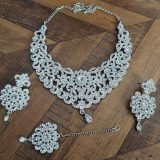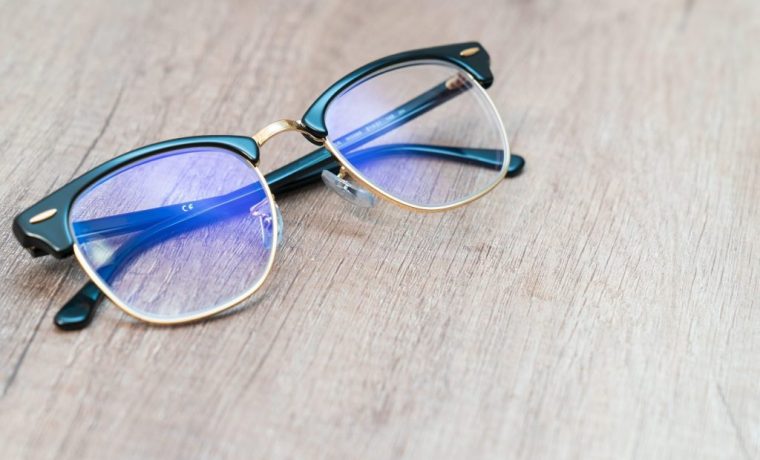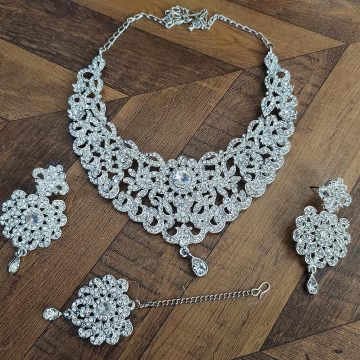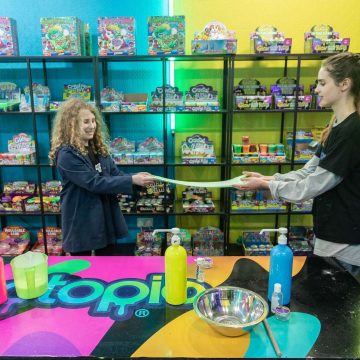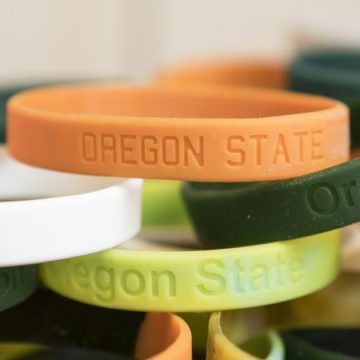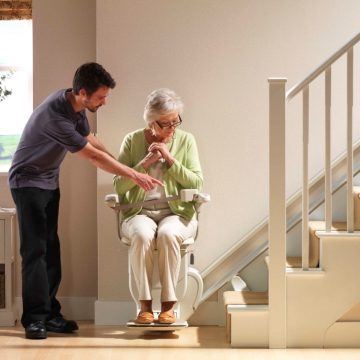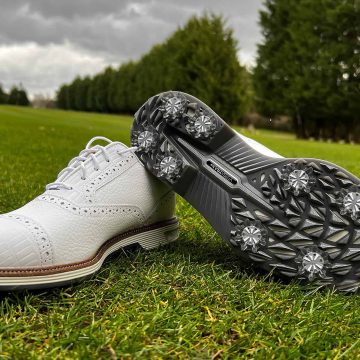The increase in screen time among kids as young as five years have led to a myriad of eye problems among them. Parents around the world are worried about their kids’ exposure to tablets, cell phones, and computer screens, especially during the long-hours online classes. This has led to the surge in the use of children’s blue light glasses. Parents seem to be confused about whether blue-light glasses are worth buying.
What are blue light glasses?
Blue light is a high-energy lightwave that is found on digital screens. Present-day kids use tablets, and smartphones for prolonged hours, which strains their eyes. Furthermore, they also suffer from computer vision syndrome symptoms like dry eyes and double-vision issues.
To date, there is no scientific evidence that proves exposure to blue light can permanently cause eye damage but can cause digital eye strain. Blue-light lenses can offer protection against blue light entering the child’s eyes via electronic gadgets or other environmental sources. Henceforth, the rising popularity of blue light glasses for children in the market is worth noticing.
Symptoms of digital eye strain
Children who spend long hours in front of digital screens are more likely to develop the signs and symptoms of digital eye strains. Some of the common symptoms among kids are:
- Dry eyes
- Headaches
- Changes in vision
- Eye tiredness
- Poor postures
- Fatigue
Along with the above-mentioned symptoms, there is also the risk of disrupting the sleeping and waking cycle. This leads to crankiness among kids and is also the breeding ground for several serious health issues. Thus, the concept of children’s blue light glasses has gained so much popularity in the past couple of years.
Are blue light lenses helpful?
One of the best ways to protect a kid’s eyes from blue light exposure at home and outdoors is to invest in good blue light lenses. A parent can either choose prescribed or non-prescribed glasses that are equipped with special lenses to filter out harmful blue light. Blue light glasses won’t filter out the entire blue light. The good news is that the lenses can reduce the blue-violet rays exposure by almost 80% or more.
Kids benefit from blue light lenses both at home while glaring at digital screens, and outside spending long hours under the sun. The market is flooded with a wide array of blue light glasses for kids, polarized lenses being one of the most popular ones for blocking 100% UVA and UVB rays. When an adult needs to wear his/her protective glasses to reduce eye strain from digital screen time as well as when outdoors, the kids need to wear them too.
Conclusion
All the hype about the benefits of children’s blue light glasses seems to be true. The protective lenses are beneficial for kids, especially when they are exposed to prolonged hours of digital screen time. The majority of the kids complain of dry eyes and tiredness after using computers, or smartphones for studying, or playing games. The solution lies with the blue light glasses specially designed for kids.


